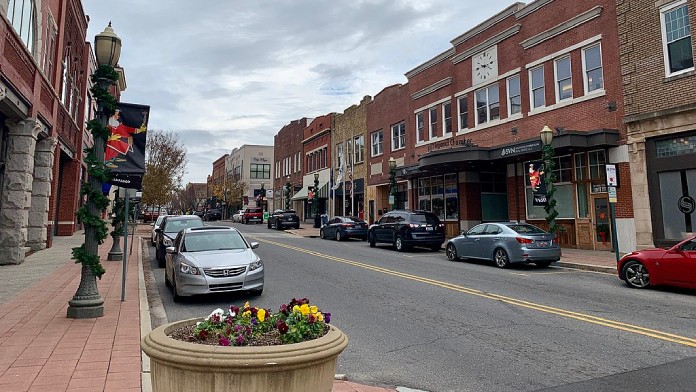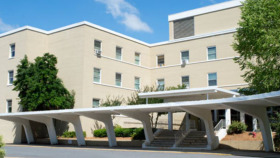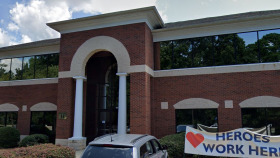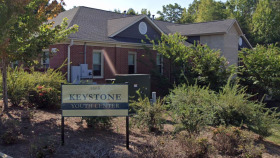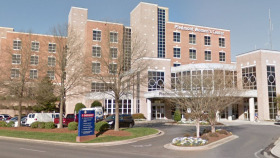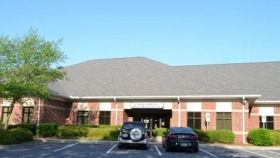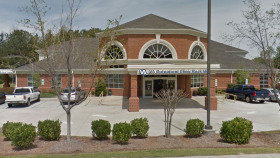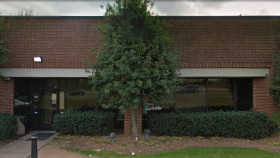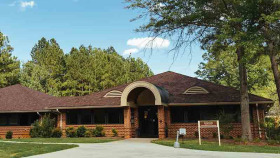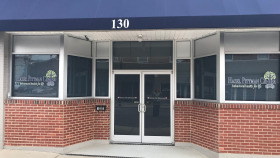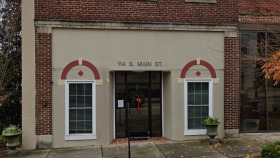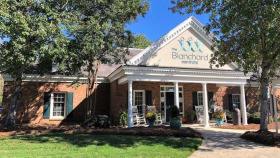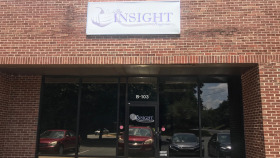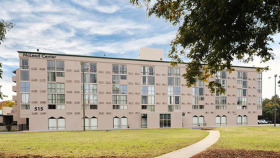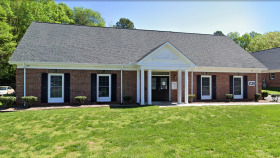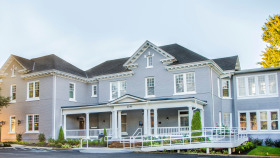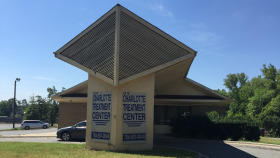Substance Abuse Statistics in Rock Hill, SC
Fentanyl has become a major concern in Rock Hill and the surrounding area. The South Carolina Department of Alcohol and Other Drug Abuse Services reported the following statistics regarding drug abuse in Rock Hill and York County in 2020:1,2
67 drug overdose deaths involved prescription drugs.
415 people entered state-funded treatment for an opioid-use disorder, a 54% decrease from 2019.
The county’s opioid prescription rate was 469 per 1,000 residents.
When it comes to alcohol misuse in York County, between 2016 and 2020, 41% of all driving deaths in the county involved alcohol, which was one of the higher percentages in the state.3
Levels of Substance Abuse Care
There are several levels of care for addiction treatment. Some people enter treatment at one level, while others start with inpatient and make their way through the continuum of care.
Alcohol and Drug Detoxification
Detox is the process of safely and comfortably removing drugs or alcohol from your system. Performed under medical supervision in a hospital, residential, or outpatient setting, your withdrawal symptoms are comfortably managed, allowing you to transition into formal treatment services.
Inpatient Drug and Alcohol Rehab
Residential or inpatient treatment involves living at the rehab facility and receiving 24/7 care under supervision. A combination of treatment interventions are offered, including individual and group therapy, nutritional counseling, experiential therapies, and medication.
Partial Hospitalization Programs (PHPs)
PHPs allow you to live at home while attending treatment at a hospital. You may receive many of the same treatment modalities of inpatient care, with the difference being that you can return home during non-treatment hours. PHPs can be a bridge between inpatient and outpatient care.
Intensive Outpatient Programs (IOPs)
A step down from a PHP, IOPs allow you to attend a few hours of counseling over several days each week. You spend the rest of your time at home, working, or fulfilling other obligations.
Standard Outpatient
The least intensive treatment option, standard outpatient care involves one to two hours of treatment per week. This option has the least oversight and supervision. Highly motivated people with a strong support system tend to find this level beneficial.
Relapse Prevention
Relapse prevention, also known as aftercare, begins when a rehab program is complete. People receive forms of ongoing support and encouragement through 12-step groups, non-12-step groups like SMART Recovery, ongoing therapy, sober living homes, and more.
How to Pay for Substance Addiction Treatment in Rock Hill, Michigan
Private Insurance
By law, all insurance providers are required to cover substance abuse and mental health treatment services in some capacity. Call your provider to learn about your specific coverage, including your deductible and copay.
Michigan Medicaid
Michigan’s Medicaid program provides health insurance to low-income residents. It covers various treatment services like inpatient drug rehab and outpatient substance abuse treatment. Make sure to ask if the treatment center you’re interested in accepts Medicaid.
Michigan Medicare
Michigan Medicare is a government program providing coverage to residents with end-stage renal disease and those over the age of 65. You can use Medicare to cover the cost of drug addiction treatment services, including rehab.3 Some rehabs don’t accept Medicare insurance, so it’s important to do your research.
TRICARE in Michigan
Michigan TRICARE is a government program providing health insurance coverage to the U.S. Armed Forces military personnel, veterans, and their families and dependents. TRICARE covers addiction treatment services, such as rehab and medication-assisted treatment.
Sliding Scale Rehabs
Sliding scale rehabs are income-based, charging only what a resident can reasonably afford to pay. In order to qualify for a sliding scale rehab in Michigan, be prepared to provide proof of income.
IHS-Funded Drug Rehabs
Drug rehabs funded by the Indian Health Service provide free addiction treatment to Indigenous people in the U.S. and Alaskan Natives.
Traveling to and Within Rock Hills, SC
 When visiting a new city, it’s helpful to learn a few things about the area. This is true whether you’re coming to Rock Hill for drug or alcohol rehab or if you will be in town to visit someone who is currently receiving treatment at a Rock Hill drug rehab or alcohol rehab.
When visiting a new city, it’s helpful to learn a few things about the area. This is true whether you’re coming to Rock Hill for drug or alcohol rehab or if you will be in town to visit someone who is currently receiving treatment at a Rock Hill drug rehab or alcohol rehab.
- Rock Hill’s closest commercial airport is the Charlotte-Douglas International Airport. It’s located 20 miles north of Rock Hill in Charlotte, NC.
- Rock Hill is 20 minutes from a LYNX station, which is a light rail system that connects Charlotte to the rest of the region.
- The city is easily accessible by car via I-77 and I-85.
- Rock Hill offers express bus service from downtown to Uptown Charlotte using the Charlotte Area Transit System.
- My Ride Rock Hill is the city’s new bus system that runs on 4 fixed routes along key points of the city. It features all-electric buses, USB charging ports, and free Wi-Fi.
- Rock Hill is considered a bicycle-friendly town with several bike routes located throughout the city.
- Check out the scenic riverfront along the Catawba River, which is home to several nature trails, restaurants, and 31 parks. You can also experience the river from a kayak or canoe.
- There are several well-known national chain hotels available in the area.
Michigan Alcohol and Drug Laws
Michigan lawmakers and public health agencies enacted the following laws related to substance misuse and overdoses:1
Michigan Good Samaritan Overdose Law: This law encourages witnesses to call 911 when someone is experiencing an overdose and protects them from prosecution for minor drug-related charges.
Michigan Naloxone Access Law: Pharmacists in Michigan can dispense Narcan (naloxone) without a prescription, increasing access to this life-saving opioid overdose reversal medication.
Michigan Driving or Operating Under the Influence Laws: A first offense of driving or operating under the influence of alcohol or liquor (OUIL) or drugs (OUID) results in a fine up to $500, imprisonment up to 93 days, and/or driver’s license suspension for up to two years.4 Additional offenses can lead to imprisonment of up to five years and driver’s license revocation for up to five years.
Michigan Regulation and Taxation of Marijuana Act: In 2018, the Michigan Regulation and Taxation of Marijuana Act legalized recreational marijuana for adults over the age of 21. Michigan state law specifies all use of cannabis must be done in private; it is illegal to use cannabis in a public space. It is also illegal to carry cannabis in areas frequented by children, such as schools or school buses.
Resources
- South Carolina Department of Health and Environmental Control. (2020). Drug Overdose Deaths.
- South Carolina Department of Alcohol and Other Drug Abuse Services. (n.d.). 2020 York County Fact Sheet.
- University of Wisconsin Public Health Institute. (2022). Alcohol-Impaired Driving Deaths – South Carolina.

